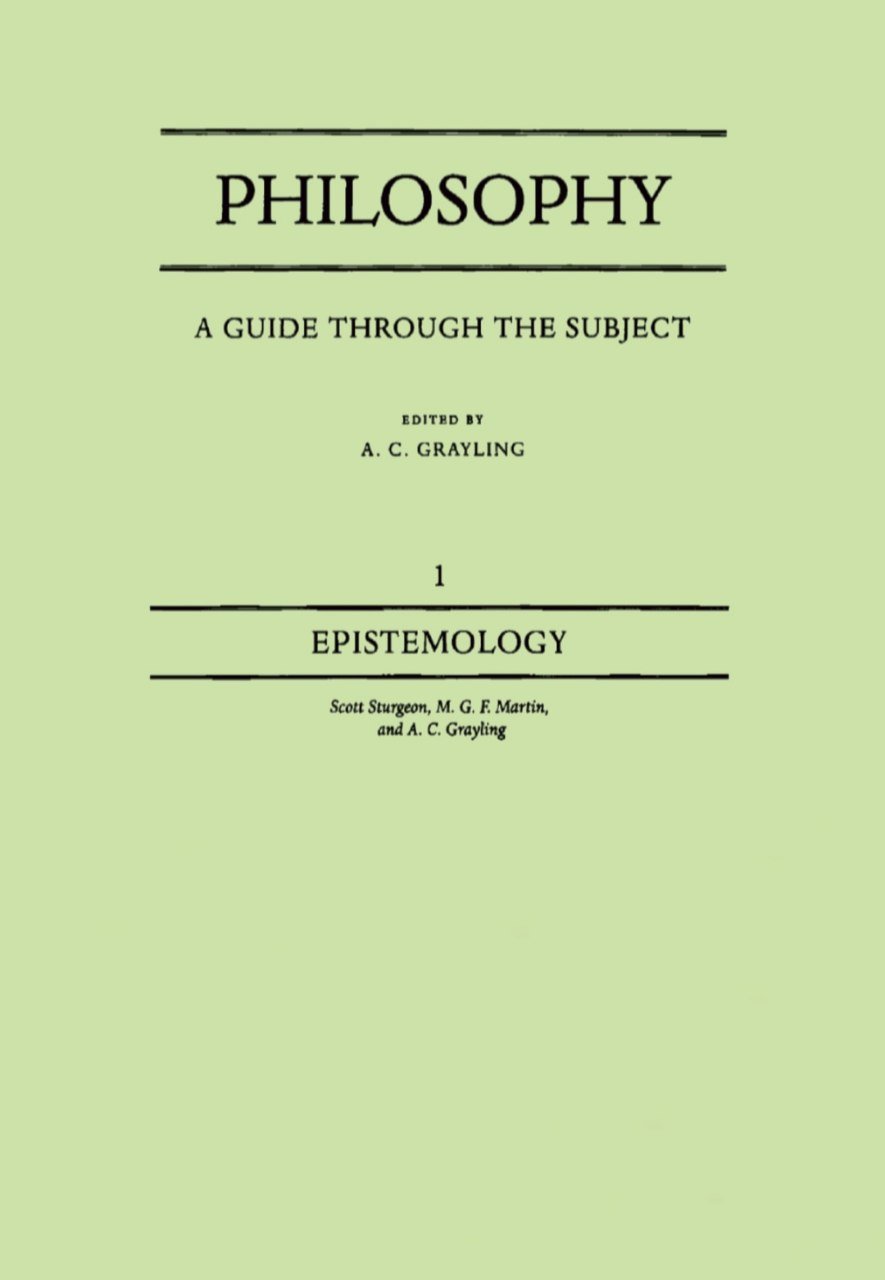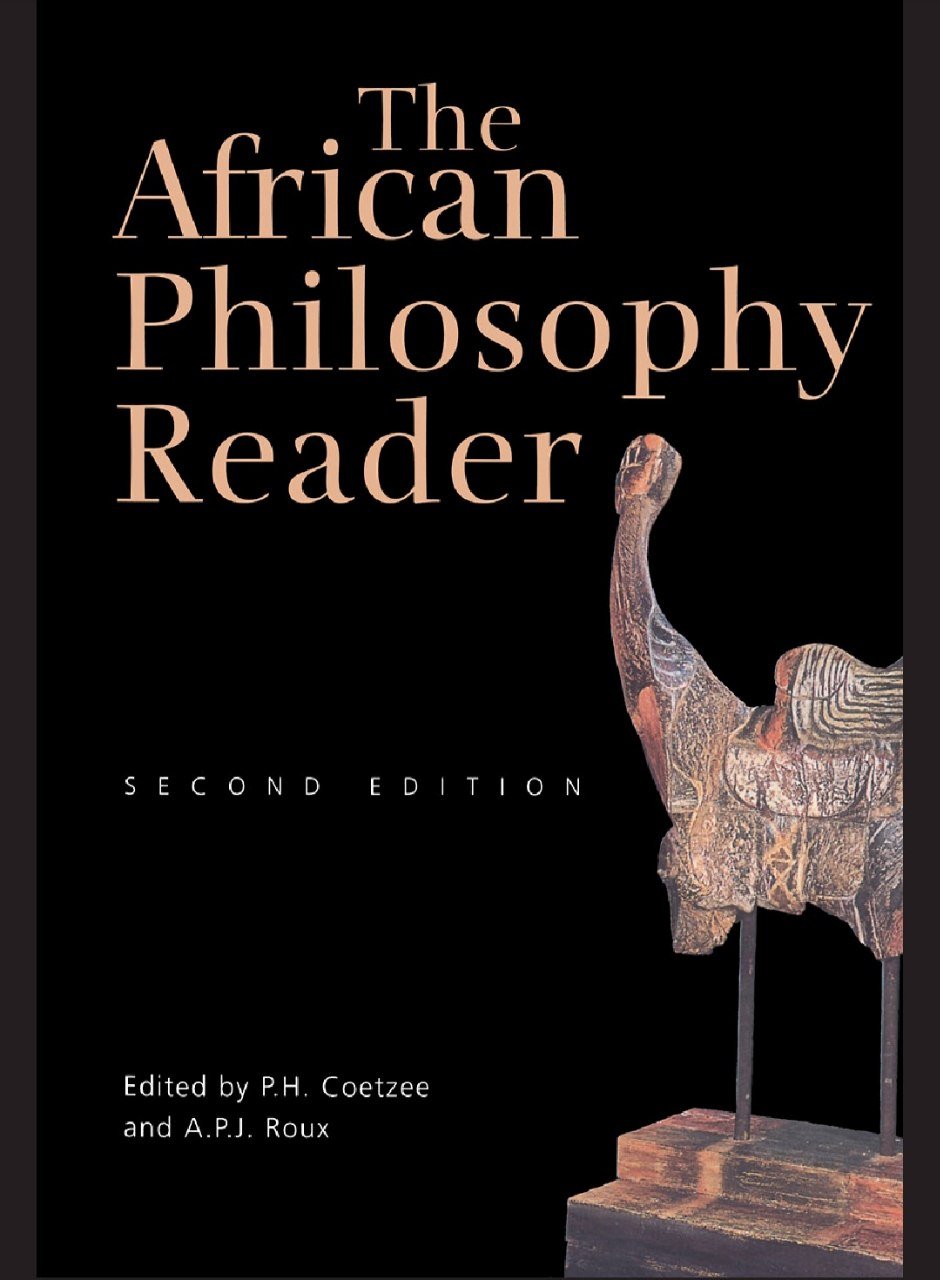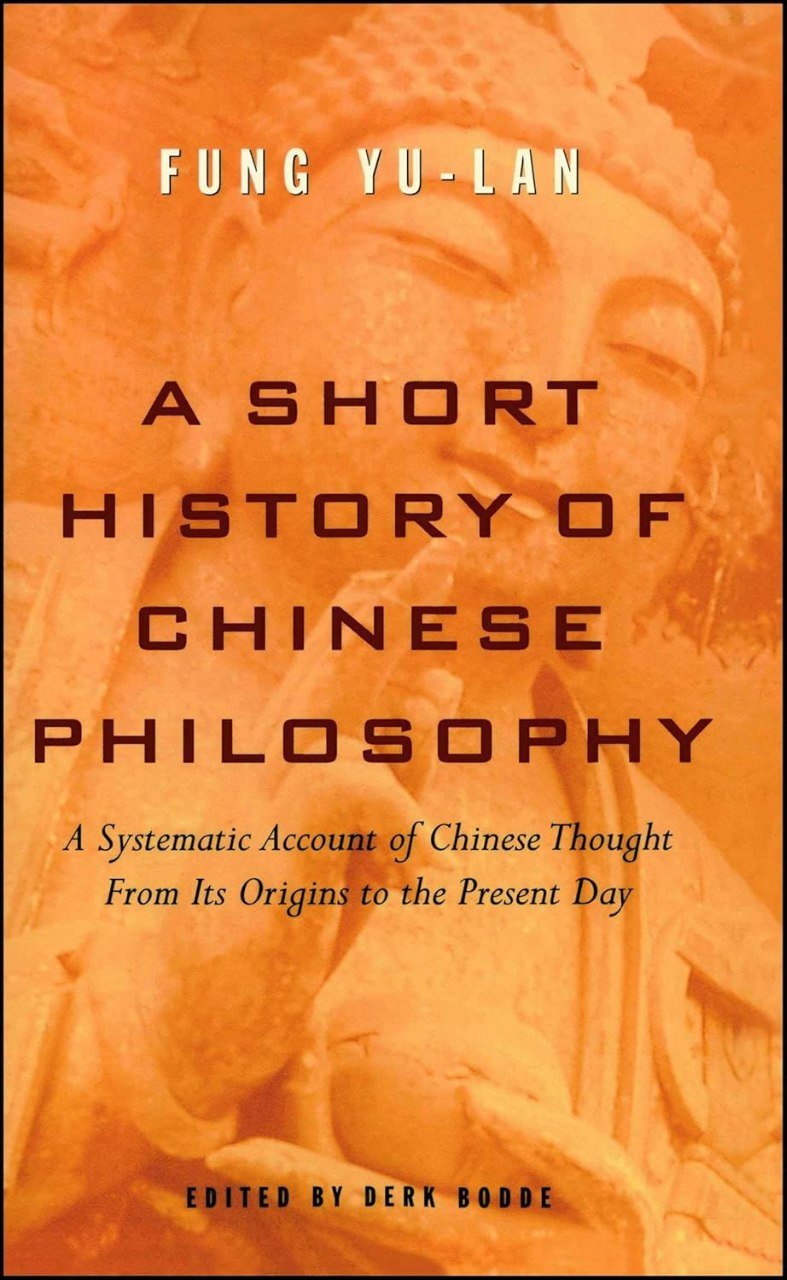

THE CENTRAL PHILOSOPHY OF JAINISM
Reviews
No review yet. Be the first to review this book!
Description
The central philosophy of Jainism is Anekāntavāda, which translates to the "doctrine of non-one-sidedness" or "many-sided reality." It is a fundamental principle that teaches that truth and reality are complex and cannot be fully grasped from a single perspective. Instead, every viewpoint offers a partial understanding, and true wisdom comes from considering multiple perspectives. Core Concepts of Anekāntavāda: Reality is multifaceted: No single point of view can fully capture the entirety of truth. Syādvāda (Doctrine of Conditionality): Every statement is true only under certain conditions, emphasizing relativity in judgments. Nayavāda (Theory of Standpoints): Different perspectives (naya) provide partial insights into reality, encouraging intellectual humility and tolerance. Significance in Jainism: Encourages tolerance and non-violence (Ahimsa) by acknowledging that others may hold valid viewpoints. Promotes intellectual humility and dialogue, making Jainism a highly philosophical and inclusive tradition. Forms the basis of Jain epistemology, influencing ethics, logic, and daily life. Anekāntavāda is not just a philosophical concept but a way of life in Jainism, encouraging open-mindedness, coexistence, and the pursuit of a broader understanding of truth.

























.jpeg)

.jpg)

.jpeg)




.jpeg)


.jpg)


.jpg)
.jpg)


.jpg)

.jpeg)








.jpeg)


.png)



.jpg)















.jpg)












.jpg)















































